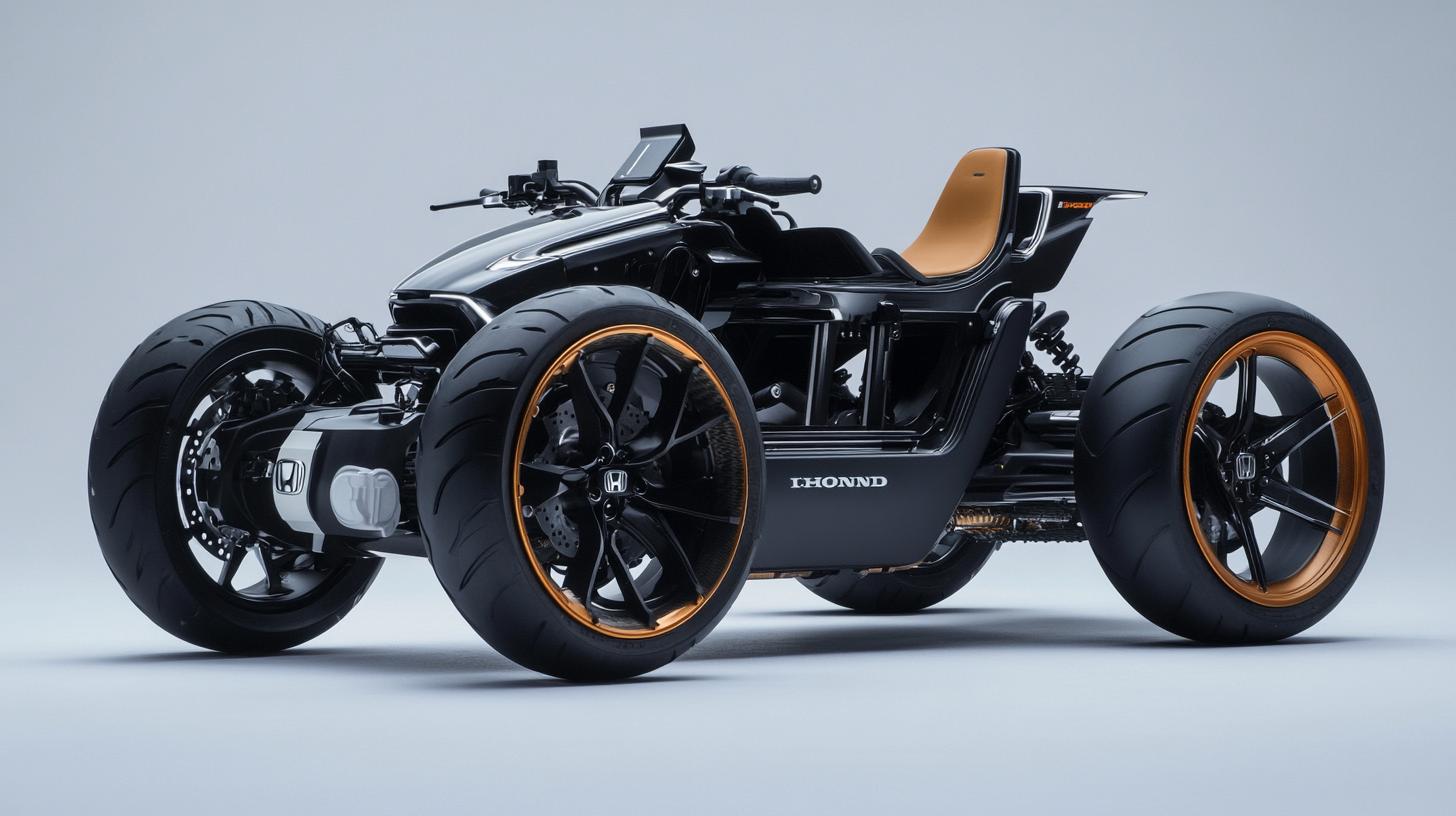Honda engineers are pioneering a new era in electric vehicles with the development of advanced solid-state batteries. The company has successfully established a pilot production plant in Sakura City, Japan, dedicated to this formidable technology, which promises to revolutionize energy storage in vehicles.
Solid-state batteries, considered the next frontier in EV technology, offer significant advantages over traditional lithium-ion batteries. The key benefit lies in the solid electrolyte layer that replaces the flammable liquid electrolyte and also eliminates the need for a separator. These batteries promise greater energy density, potentially doubling the current range of lithium-ion batteries, while being lighter and safer.
While Honda keeps the technical specifics under wraps, they have revealed a focus on sulfide-based electrolytes, aligning with industry trends. The production process involves innovative techniques, such as a continuous mixing system for slurries, enhancing efficiency by minimizing material waste.
The Sakura facility, sprawling over 290,000 square feet, comprises three main buildings focused on diversified tasks—anode and cathode production, cell assembly, and electrolyte activation. The cells, resembling those utilized by leading EV manufacturers, are in a suitable format for vehicular use, allowing Honda to conduct extensive testing.
Honda’s foresight extends beyond cars, eyeing opportunities to apply these lightweight batteries to motorcycles and aircraft. With high-volume production planned for the late 2020s, Honda is positioning itself at the forefront of sustainable transportation innovation. The journey toward solid-state battery commercialization marks a significant milestone, signaling transformative potential for the automotive industry.
Is Honda’s Solid-State Battery a Game-Changer for Humanity’s Future?
The advent of solid-state batteries by Honda could spark a pivotal shift in transportation technology, significantly influencing both humanity’s environmental footprint and the evolution of bleeding-edge technologies. Solid-state batteries promise not only to reshape the electric vehicle (EV) industry but also to ripple into various sectors, including personal gadgets, aviation, and renewable energy storage. Below, we delve into the less discussed facets of this innovation, exploring its impact, challenges, and the accompanying controversies.
Revolutionizing Energy Storage: Beyond Electric Vehicles
While Honda’s primary focus currently lies in revolutionizing the automotive sector, the ramifications of advanced solid-state batteries span well beyond. Imagine smartphones that charge in minutes or renewable energy systems that can store excess solar power efficiently. Solid-state batteries are heralded as the Holy Grail of sustainable energy solutions due to their potential to dramatically extend the lifespan and capacity of everyday electronic devices.
Moreover, with Honda’s mention of utilizing these batteries in motorcycles and aircraft, the push towards a more electric-driven world seems inevitable. Picture silent, eco-friendly electric-bikes navigating busy urban centers or airplanes with markedly reduced carbon footprints cruising the skies.
Intriguing Innovations and Controversies
One interesting aspect of Honda’s approach involves the use of sulfide-based electrolytes, which marks a departure from more traditional materials commonly used in the industry, such as oxides. This choice may pivot the industry towards newer, less-explored chemical combinations, which, while promising, still provoke debate over long-term reliability and ecological impact.
A key concern lies in scalability—can Honda’s innovative continuous mixing systems really maintain efficiency and minimize waste at mass-production levels, or will unforeseen technical hitches emerge as output increases? Critics often highlight the history of technological predictions that fell short due to unforeseen manufacturing hurdles.
Are Solid-State Batteries Truly Safer?
While the safety of solid-state batteries is touted due to the absence of flammable liquid electrolytes, skepticism exists around potential hazards associated with lithium dendrite formation, a phenomenon where deposits can create short circuits. How effectively Honda mitigates these risks will be pivotal in setting industry standards.
Advantages and Disadvantages
Advantages:
– Energy Density: Doubling the energy capacity could revolutionize consumer electronics and extend EV ranges significantly.
– Safety: Reduced fire risk due to solid electrolyte.
– Lightweight: A vital aspect for aviation and portable electronics.
Disadvantages:
– Cost: Initial production and material costs are considerably high.
– Scalability: Issues with mass production might impact overall viability.
– Material Sourcing: Rare materials might pose environmental and ethical challenges.
What Does This Mean for the Future?
Will these batteries make other technologies obsolete, or will unforeseen challenges stall their rise? And while they promise greener and safer horizons, how prepared is the global supply chain to adapt to new raw material demands? Only time will tell if Honda’s gamble pays off mainstream dividends.
For more on the developments in the automotive and tech realm, visit the following: Honda, Tesla, Samsung.







